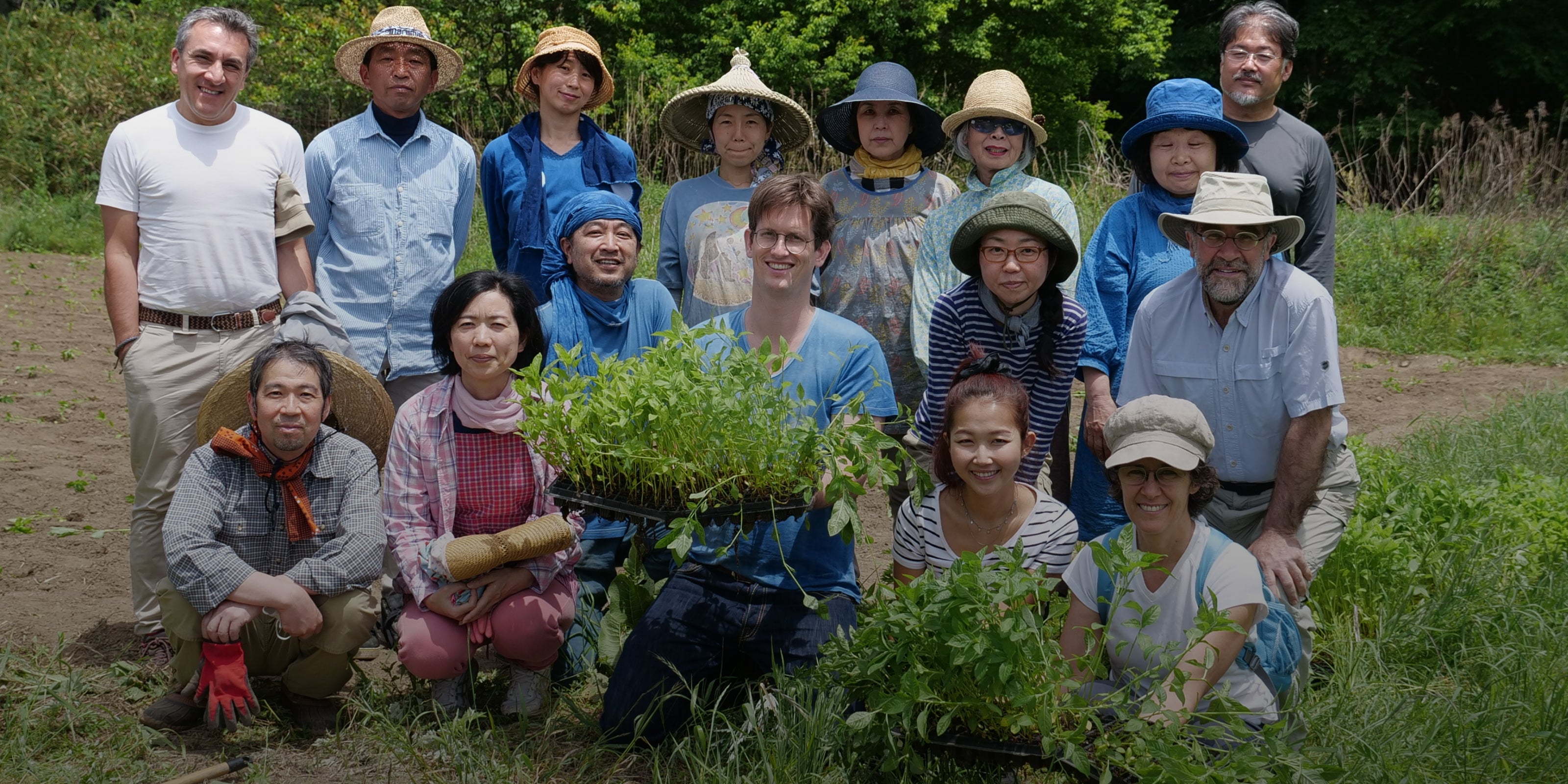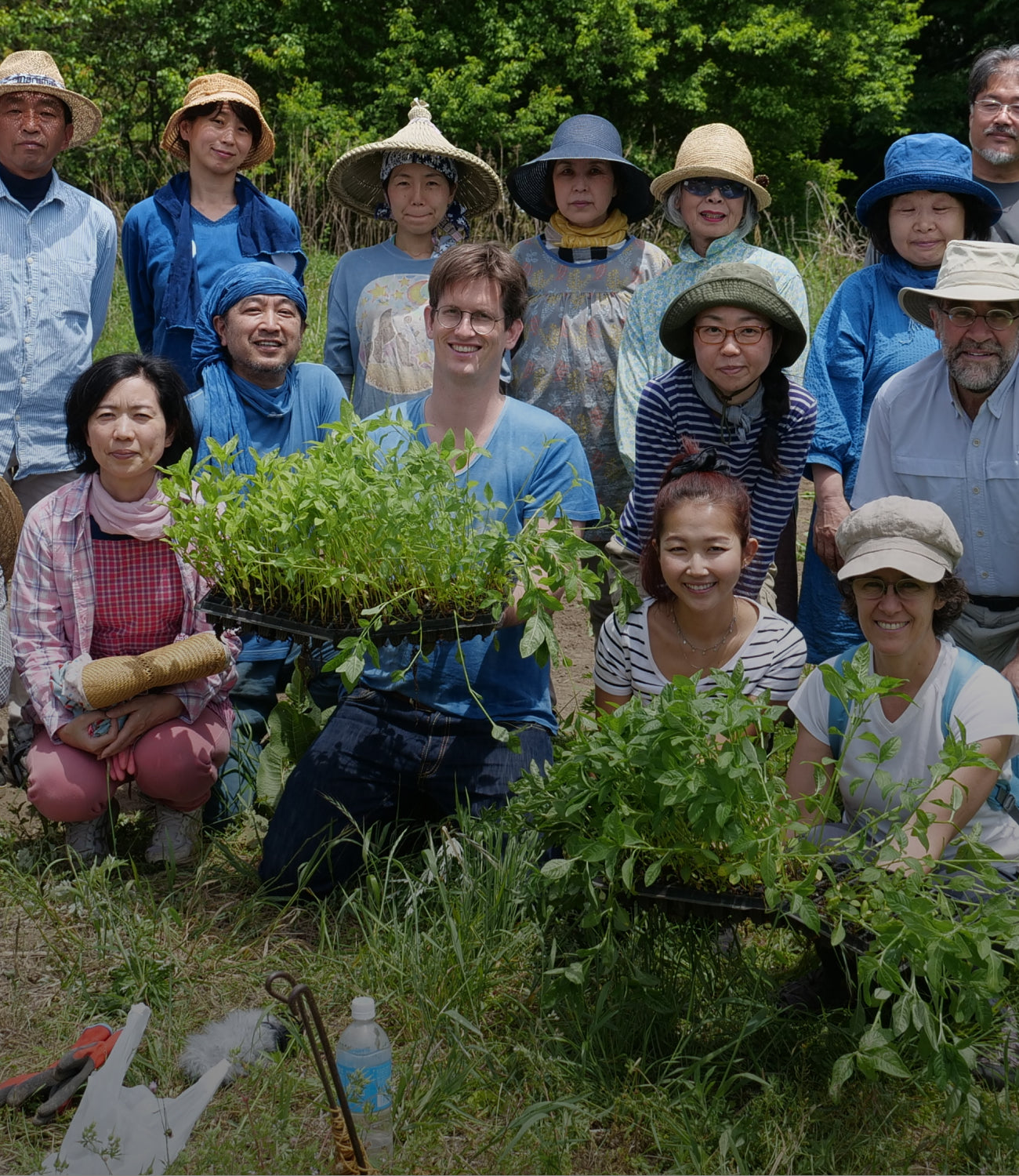AIZOME was born from love. We believed that, instead of causing harm, textiles could (and should) be made to help.
Instead of PFAs and carcinogenic dyes, we dreamed of fabric that could calm itchy, inflamed skin, cozy spaces where our bodies could rest and repair each night, free from questionable, undisclosed chemicals.
At first, we only knew that textiles needed to be healthier for our bodies. What we’ve realized through this journey, now more than a decade in the making, is how much we need textiles to be healthy for the very essence of wellbeing on this planet.
Sounds dramatic, but it’s true.
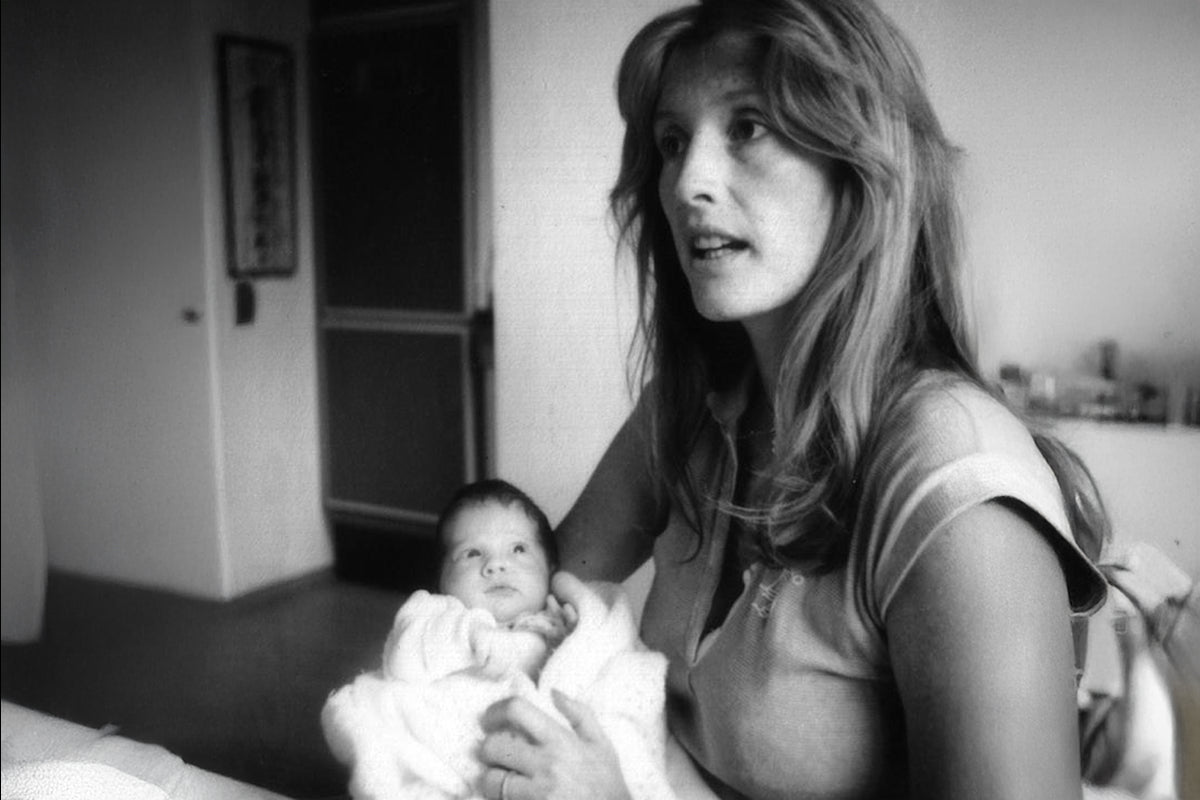
How Did We Get Here?
When my mother was diagnosed with cancer, her treatments made her skin extremely sensitive. As she spent more time in bed, persistent irritation caused her significant discomfort. A doctor explained that the likely culprit was the dark, synthetic dye in her sheets; her weakened immune system could no longer protect her from the harsh chemicals in the fabric. Switching to undyed bedding noticeably reduced her irritation, bringing some relief during her illness.
I was struck by how deeply textiles could affect quality of life. Misa and I began asking questions, and quickly uncovered a textile industry shrouded in secrecy and marked by serious environmental and human harm. My mother’s experience opened my eyes to the chemicals used in textiles — and the alarming lack of awareness surrounding them. It’s incredibly difficult to find fabric free from synthetic chemicals, and there are no legal requirements for companies to disclose them, even when many are known carcinogens, neurotoxins, or endocrine disruptors in their pure form.
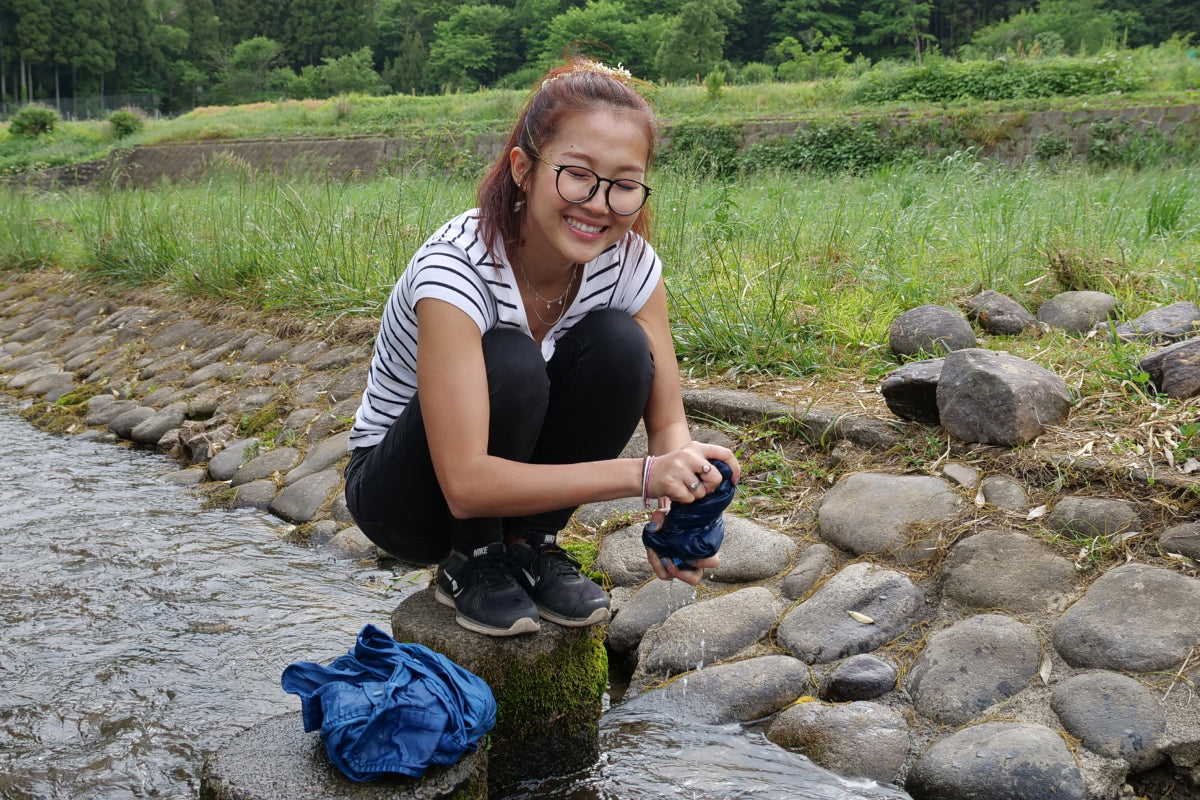
The Spark That Started AIZOME
Misa is originally from Japan; I’m from Germany but had been living in Japan for 10 years. Misa began her career in the Japanese cosmetics industry, while I worked in medical device development for a leading cancer research and treatment company.
One thing that’s always puzzled me is the heavy focus on treating disease rather than preventing it. The rise in eczema, immune disorders, chronic pain, and non-genetic cancers linked to environmental factors deeply concerns me.
Then, on a date with Misa in the Japanese countryside, we discovered aizome — the traditional practice of indigo hand-dye. Indigo has long been prized across cultures and was once more valuable than gold. In Japan, samurai dyed their clothing with it, believing it helped prevent wounds from festering — a claim supported by our study with researchers from Cambridge.
That day, we had a bold idea: what if we helped textile companies make their products healthier? How hard could it be to bring back plant dye?
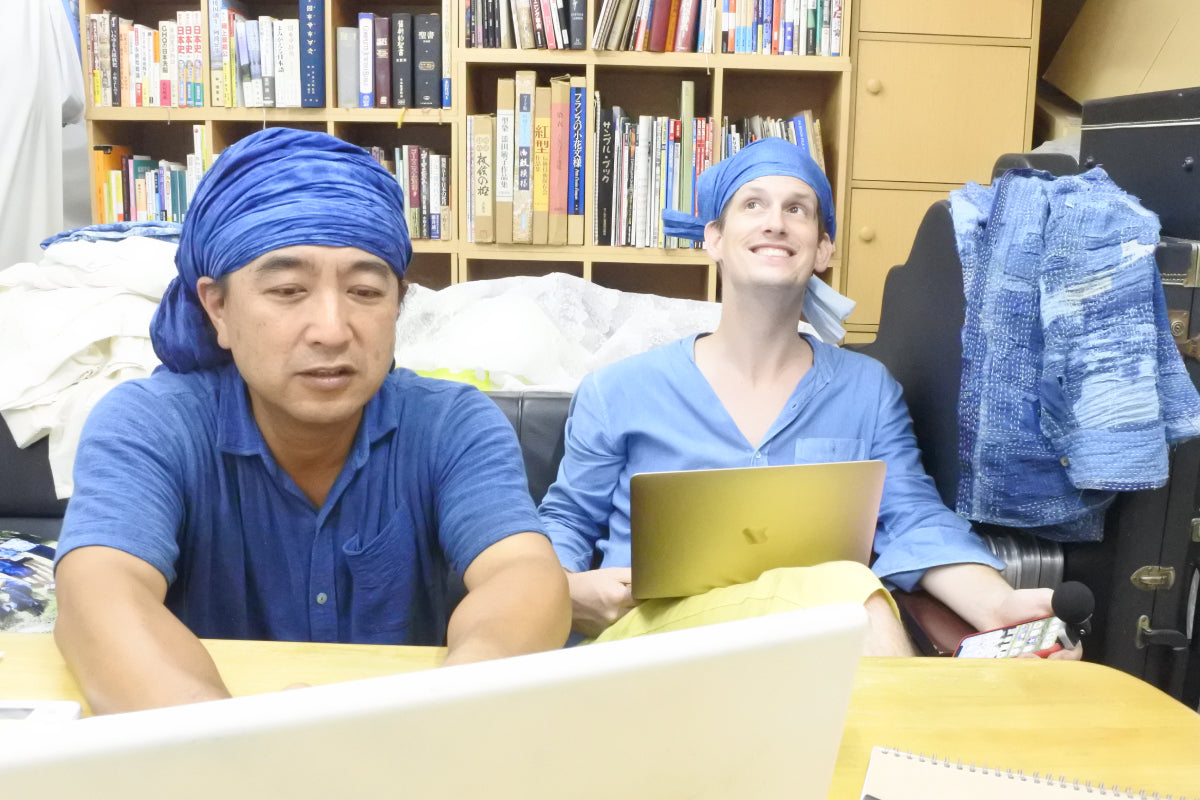
From Rejection to Record-Breaking Crowdfunding
Cozo Cazama, one of the last traditional dye masters in Japan with an unbroken 400-year lineage, took us under his wing. He told us that plant-dyed textiles were once essential for health. If we could remove harmful components like synthetic colors - such as anilin, a nerve toxin in synthetic indigo - and replace them with natural dyes like indigo, which has antibacterial and wound-healing properties, we could create safer textiles for people with sensitive skin, allergies, or asthma.
The big companies laughed. They said plant dye was too expensive, less versatile (no neon colors), and that “no one cares about healthy textiles - only sustainable ones.”
But if something isn’t healthy, how can it be truly sustainable?
We refused to believe people didn’t care about wearing petrochemicals. So we went online and launched a crowdfunding campaign and it became the most successful one in Japan that year.

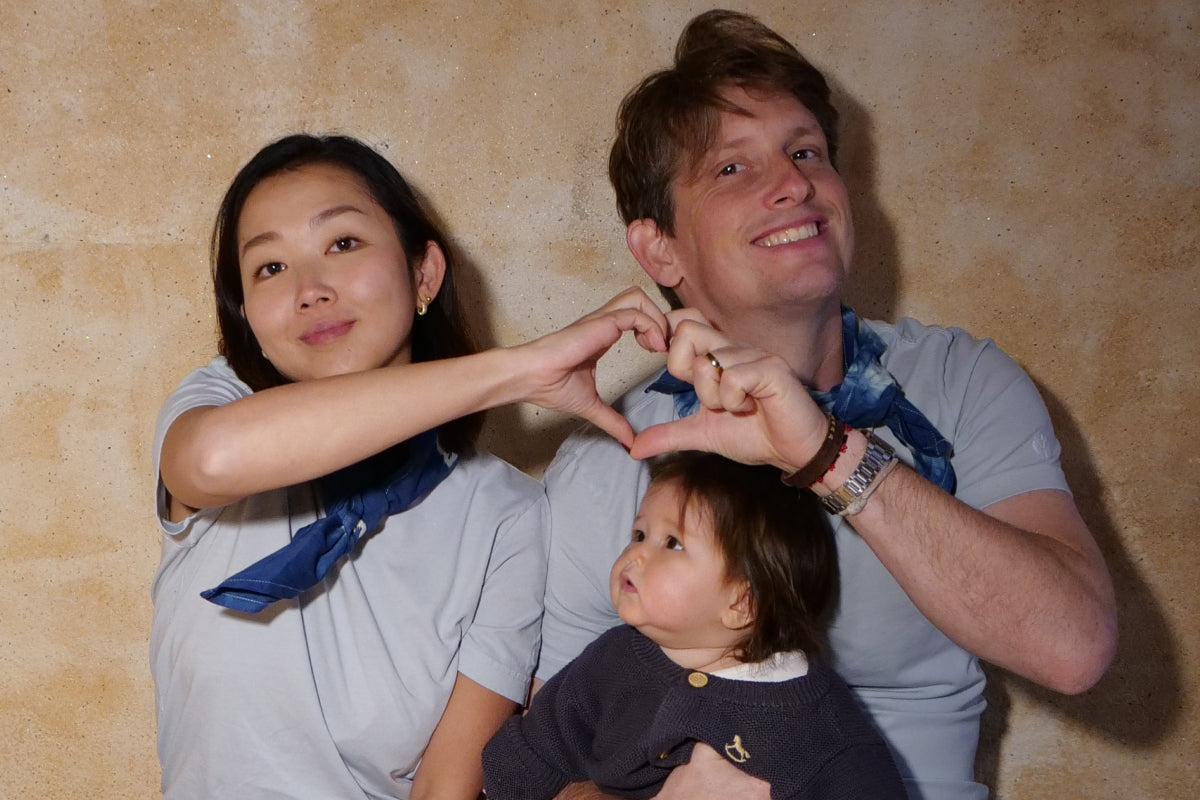
So Why Bedding?
What began as an homage to my mom became, arguably, the most important textile change you can make today. Our textiles are so clean, we turned our waste into certified skincare because it’s indigo and water. We hold ourselves to the highest standards for you, our workers, and the planet.
Our bedding is made to last, with a 12-month sleep trial and a lifetime warranty on manufacturing defects. The technology we use was developed by a professor in China, and we proudly work with advanced facilities there alongside people who understand the real impact of synthetic chemicals. We also produce in Japan, Turkey, and India. Misa and I have personally visited every partner and factory. Their skill and shared commitment make AIZOME possible and over time, our partnerships have become real friendships. Mila even joined us on a factory visit in Turkey before she turned one!
And you are what brings AIZOME to life. Your conscious choices and demand for transparency help drive real change. Join our newsletter, and you can even help decide what we create next.
With love, Michel
Featured Products for a Healthier, Toxic Free Sleep
Whether you're looking to reduce toxins in your home, soothe sensitive skin, or simply enjoy a luxurious, natural sleep, AIZOME has a solution for you.
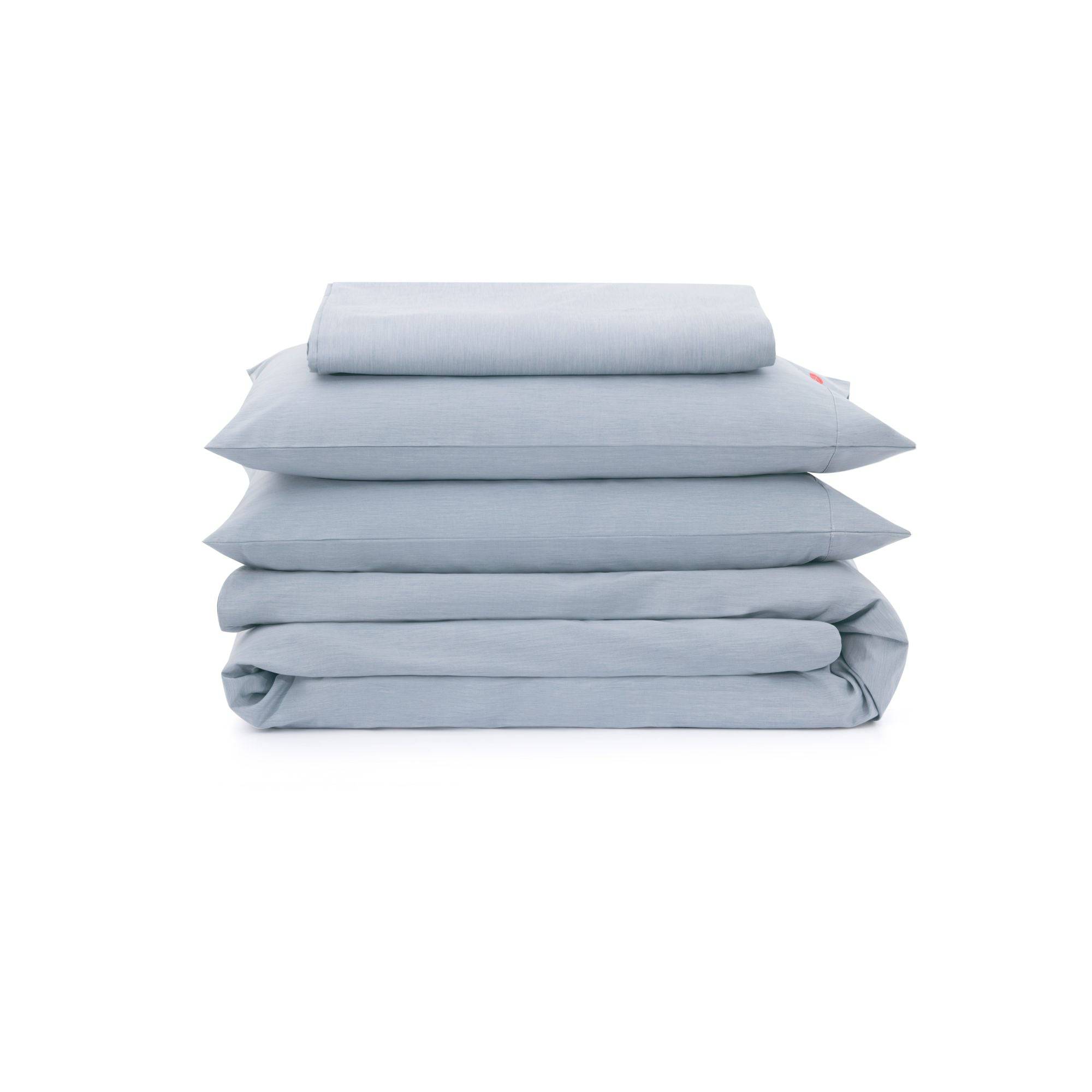
Organic Bedding
Luxuriously soft, sustainably dyed with medicinal plants like indigo and madder.

Regenerative Organic T-Shirt
Made from 100% regenerative organic cotton and plant dye, this T-shirt is the perfect toxin-free basic.
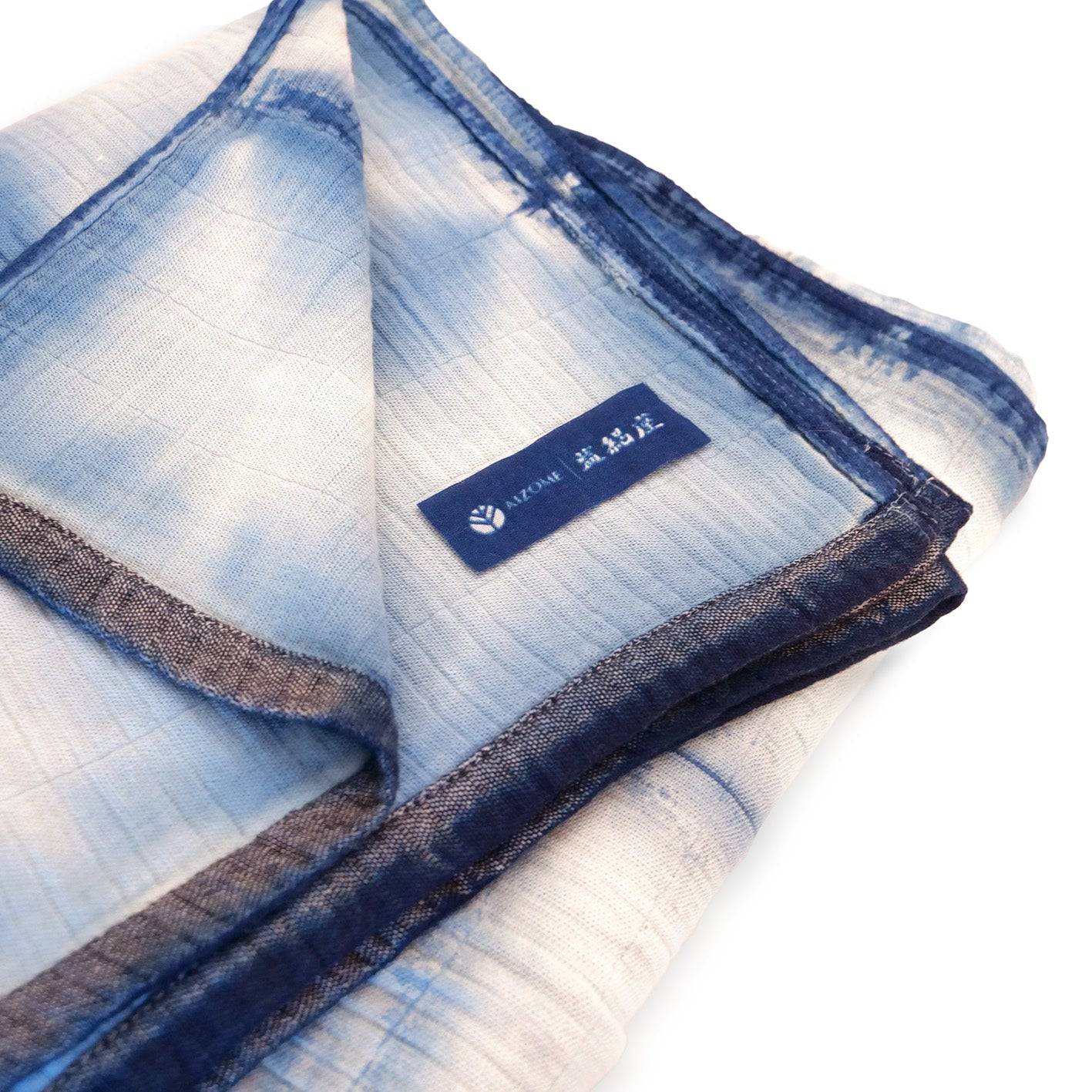
Artisan Line
Hand dyed in Japan by Aizome Master Cozo Cazama, making each piece a unique masterpiece
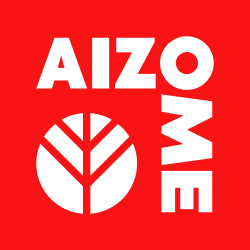






 Bedding
Bedding
 Clothing & Accessories
Clothing & Accessories
 Artisan Line
Artisan Line
